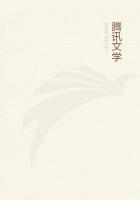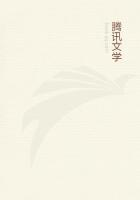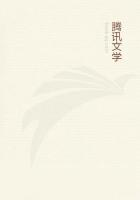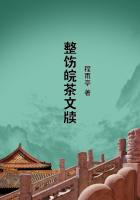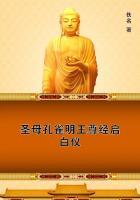But Wyclif, it would seem, was distinguished for his attainments in everything which commanded the admiration of his age. In 1356, when he was thirty-two, he wrote a tract on the last ages of the Church, in view of the wretchedness produced by the great plague eight years before. In 1360, at the age of thirty-six, he attacked the Mendicant orders, and his career as a reformer began,--an unsuccessful reformer, indeed, like John Huss, since the evils which he combated were not removed. He firmly protested against the corruptions which good men lamented; and strove against doctrines that he regarded as untruthful and pernicious. Such are simply witnesses of truth, and fortunate are they if they do not die as martyrs; for in the early Church "witnesses" and "martyrs"were synonymous [Greek text]. The year following, 1361, Wyclif was presented to the rich rectory of Fillingham by Baliol College, and was promoted the same year to the wardenship of that ancient college. The learned doctor is now one of the "dons" of the university,--at that time, even more than now, a great dignitary.
It would be difficult for an unlearned politician of the nineteenth century to conceive of the exalted position which a dignitary of the Church, crowned with scholastic honors, held five hundred years ago. It gave him access to the table of his sovereign, and to the halls of Parliament. It made him an oracle in all matters of the law. It created for him a hearing on all the great political as well as ecclesiastical issues of the day. What great authorities in the thirteenth century were Albertus Magnus, Thomas Aquinas, and Bonaventura! Scarcely less than they, in the next century, were Duns Scotus and John Wyclif,--far greater in influence than any of the proud feudal lords who rendered service to Edward III., broad as were their acres, and grand as were their castles. Strange as it may seem, the glory that radiated from the brow of a scholar or a saint was greatest in ages of superstition and darkness; perhaps because both scholars and saints were rare. The modern lights of learning may be better paid than in former days, but they do not stand out to the eye of admiring communities in such prominence as they did among our ancestors. Who stops and turns back to gaze reverentially on a poet or a scholar whom he passes by unconsciously, as both men and women strained their eyes to see an Abelard or a Dante? Even a Webster now would not command the homage he received fifty years ago.
It is not uninteresting to contemplate the powers that have ruled in successive ages, outside the realms of conquerors and kings. In the ninth and tenth centuries they were baronial lords in mail-clad armor; in the eleventh and twelfth centuries these powers, like those of ancient Egypt, were priests; in the thirteenth and fourteenth centuries they were the learned doctors, as in the schools of Athens when political supremacy was lost; in the sixteenth century--the era of reforms--they were controversial theologians, like those of the age of Theodosius; in the seventeenth century they were fighting nobles; in the eighteenth they were titled and hereditary courtiers and great landed proprietors; in the nineteenth they are bankers, merchants, and railway presidents,--men who control the material interests of the country. It is only at elections, though managed by politicians, that the people are a power. Socially, the magnates are the rich.
It is money which in these times all classes combine to worship.
If this be questioned, see the adulation which even colleges and schools of learning pay to their wealthy patrons or those from whom they seek benefits. The patrons of the schools in the Middle Ages were princes and nobles; but these princes and nobles bowed down in reverence to learned bishops and great theological doctors.
Wyclif was the representative of the schools when he attacked the abuses of the Church. It is not a little singular that the great religious movements in England have generally come from Oxford, while Cambridge has been distinguished for great movements in science. In 1365 he was appointed to the headship of Canterbury Hall, founded by Archbishop Islip, afterwards merged into Christ Church, the most magnificent and wealthy of all the Oxford Colleges. When Islip died, in 1366, and Langham, originally a monk of Canterbury, was made archbishop, the appointment of Wyclif was pronounced void by Langham, and the revenues of the Hall of which he was warden, or president, were sequestered. Wyclif on this appealed to the Pope, who, however, ratified Langham's decree,--as it would be expected, for the Pope sustained the friars whom Wyclif had denounced. The spirit of such a progressive man was, of course, offensive to the head of the Church. In this case the Crown confirmed the decision of the Pope, 1372, since the royal license was obtained by a costly bribe. The whole transaction was so iniquitous that Wyclif could not restrain his indignation.

